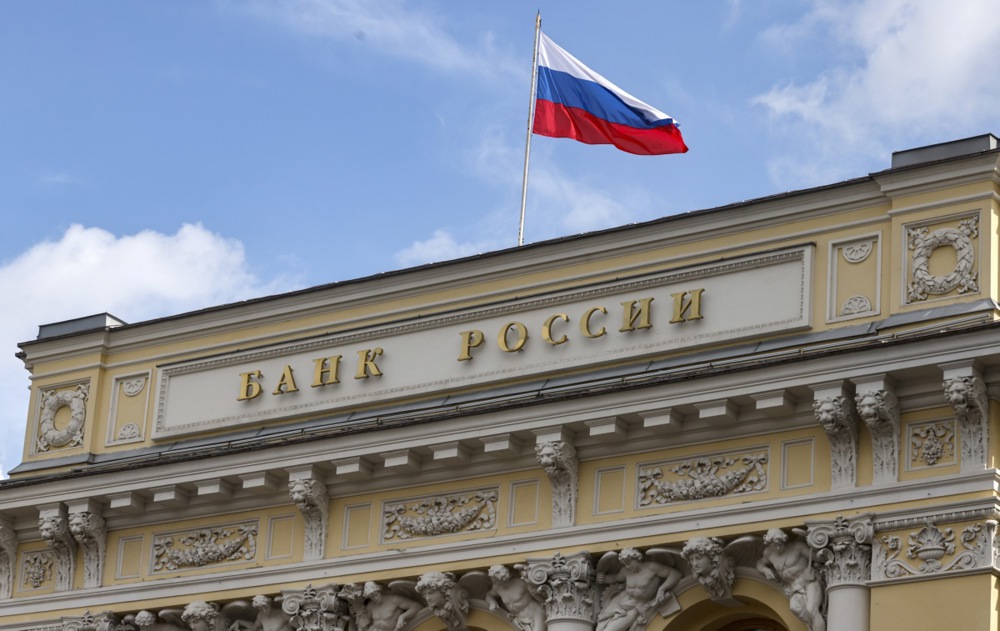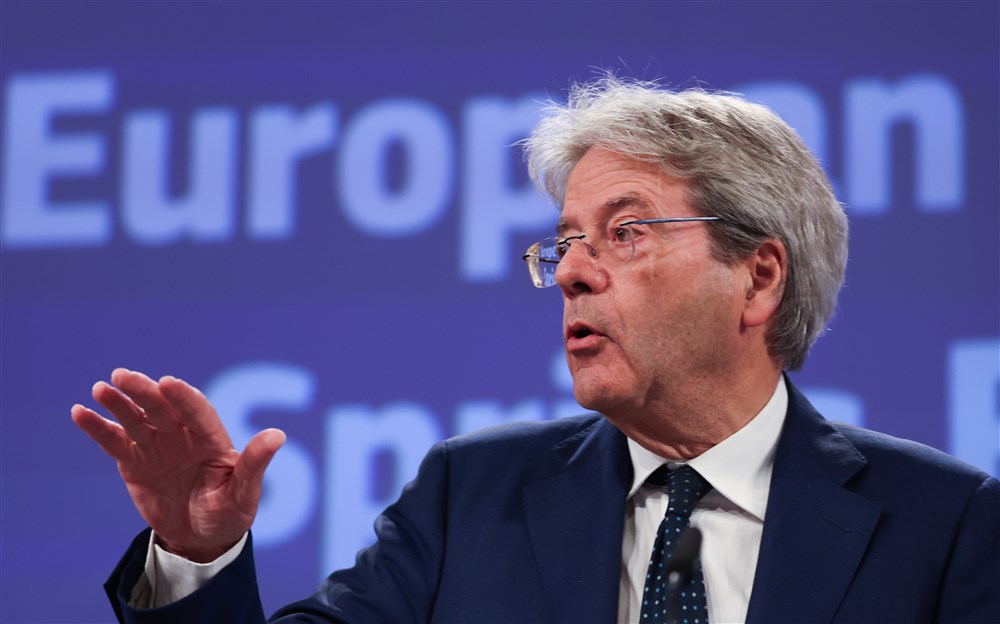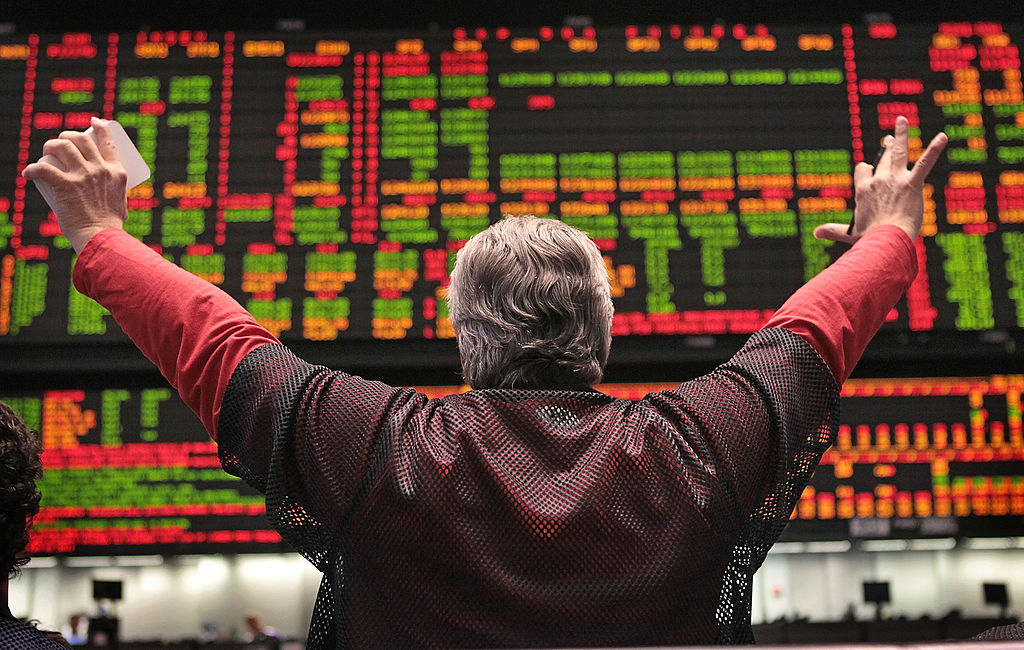The European Central Bank raised interest rates again, acting for the 10th consecutive time to choke inflation out of the euro zone’s increasingly feeble economy.
In the most finely balanced decision since they began lifting borrowing costs last year, officials increased the deposit rate by 25 basis points to a record 4 per cent and said the new level of constriction will make a “substantial contribution” to bringing inflation under control.
Economists have deemed this to be the likely peak in the currency region’s most aggressive monetary tightening cycle to date.
The euro fell and bonds rallied on bets the ECB’s tightening campaign may be over. Traders now see less than a 20 per cent chance of another hike, reflecting growing concern over the region’s growth outlook.

The Governing Council in Frankfurt repeated language that it will keep borrowing costs at “sufficiently restrictive levels for as long as necessary.” That language could keep the door open to further hikes should inflation prove more sticky than thought.
The outcome means yet more restrictions on euro-zone activity to squeeze out persisting price growth, dealing another blow to expansion that was already languishing.
It suggests a trade-off among policymakers where they accepted the need to inflict additional pain on the economy to bring inflation under control.
Economists and investors struggled to anticipate the result, ever since a speech by President Christine Lagarde last month that overtly avoided any signal of her intentions for the decision.
Bets in favour of a hike grew as the weeks went by, encouraged along the way by Dutch official Klaas Knot’s warning that markets could be underestimating the chance of more action.
New forecasts by ECB staff presented on Thursday had been billed as a key source of input for the decision.
They showed markedly softer annual economic expansion through 2025, while inflation will weaken to an average of 3.2 per cent in 2024 and then 2.1 per cent in the final year of that outlook.
Underlying consumer-price growth will be a touch stronger at the end of the horizon, averaging 2.2 per cent in 2025.

Lagarde will elaborate on the decision at a news conference at 2:45 p.m. in Frankfurt.
The decision is the first of several across developed economies over the coming days. The Federal Reserve is meeting next Wednesday as policymakers there become more optimistic they can tackle inflation without causing much economic damage.
The Bank of England, the Swiss National Bank and central banks in Sweden and Norway will set policy a day later.
ECB officials have lately embraced a message of prolonged constriction, playing down the prospect that rates will be lowered anytime soon. Bundesbank President Joachim Nagel said this month that it would be “wrong to speculate” on rapid cuts.
When policymakers last hiked borrowing costs in July, they left the path ahead deliberately open to assess a raft of new economic data over the summer.
The picture since then of slowing growth amid stubborn price pressures appeared to point to the possibility of stagflation materializing, reminiscent of the curse it inflicted on advanced economies during the 1970s.
Core inflation, which strips out volatile items like energy and food, has barely budged in recent months and was at 5.3 per cent in August. Euro-zone growth for the second quarter was revised lower and business surveys signaled worsening prospects for the 20-nation bloc.
The decision is likely to have been hard-fought, with all the indications beforehand pointing to the meeting itself as crucial in achieving a consensus. Hawkish officials including Nagel and Latvia’s Martins Kazaks had signaled support for another hike.
Dovish colleagues such as Italy’s Ignazio Visco cautioned against overdoing tightening because of “delayed effects.”
Bank of France Governor Francois Villeroy de Galhau, for his part, played down the importance of the level at which rates will settle, insisting that what matters more is how long they will stay there.





